In my last post I’ve described what coffee is in detail. You remember? A coffee bean is a seed. If you prepare it by drying, roasting and grounding, you use it to brew coffee. If the seed isn’t processed this way, it can be planted and will grow into a nice coffee tree.
That sounds easy, doesn’t it? But it isn’t. Years of experience and a very good instinct as well as a lot of patience is needed.
Coffee seeds are planted in large beds in shaded nurseries. The seedlings must be watered and protected from the sunlight until they are robust enough to be permanently planted. The subsequent planting normally takes place during the wet or rainy season because then the soil is quite moist and the roots can grow properly.
Originally, coffee farming was done in the shade of trees, which provided a natural environment for many animals and insects. You can call it an intact environment. These traditional farmers used compost of coffee pulp and avoided pesticides and fertilizers. They normally grew bananas and other fruit trees in order to ensure shade for the coffee plants and additionally food and a further income source.
In the 1970s and 1980s, the industrialised countries development aid policy tried to help the developing countries by developing the coffee farming. Farmers should be able to improve the techniques and enhance their harvest yields.
One of the results was that many farmers replaced the above described method of farming and substituted it by the so cold sun cultivation. The sun cultivation means cutting down the trees and plants which provided the shadow. They had to be cut down in order to use machines for the harvest. As a consequence fertilisers and pesticides came into action because the natural environment for animals and insects was destroyed.
A lot of environmental problems arose due to this technical shift: Deforestation, pesticide pollution, habitat destruction, soil and water degradation, and the biodiversity on the coffee farm and in the surrounding areas suffer. Of the 50 countries with the highest deforestation rates from 1990 to 1995, 37 were coffee producers.
As a result, there has been a return to both traditional and new methods of growing shade-tolerant varieties. Shade-grown coffee can often earn a premium as a more environmentally sustainable alternative to mainstream sun-grown coffee.
Around 125 million people worldwide depend on coffee for their livelihoods. Coffee is the most valuable and widely traded tropical agricultural product and 25 million smallholder farmers produce 80% of the world’s coffee. But many of them fail to earn a reliable living from coffee.
Further, green (unroasted) coffee is one of the most traded agricultural commodities in the world, and is traded in futures contracts on many exchanges, including the New York Board of Trade, New York Mercantile Exchange, New York Intercontinental Exchange, and the London International Financial Futures and Options Exchange. One of the world’s largest transfer point for coffee is the port of Hamburg, Germany. (these facts are from Wikipedia)
A number of classifications are used to label coffee produced under certain environmental or labor standards. For instance, “Bird-Friendly” or “shade-grown coffee” is said to be produced in regions where natural shade is used to protect coffee plants. Organic coffee is produced under strict certification guidelines.
Fair trade coffee is produced by small coffee producers who belong to cooperatives; guaranteeing for these cooperatives a minimum price.
I hope you’ve enjoyed this article and are looking forward to the next one coming soon
Yours Angelo
Traditional farming
During my last stay in the Dominican Republik I visited a coffee plantation. The farmers there do their job in the traditional way. If you watch the pictures, you will recognise what a healthy environment looks like.
Enjoy
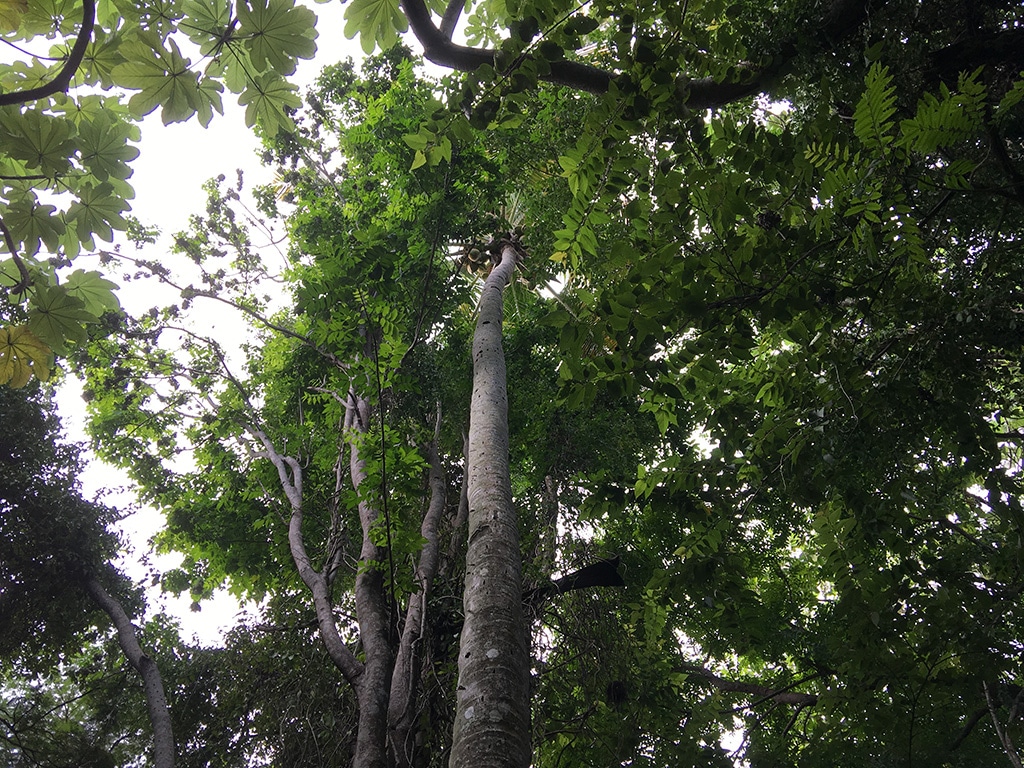
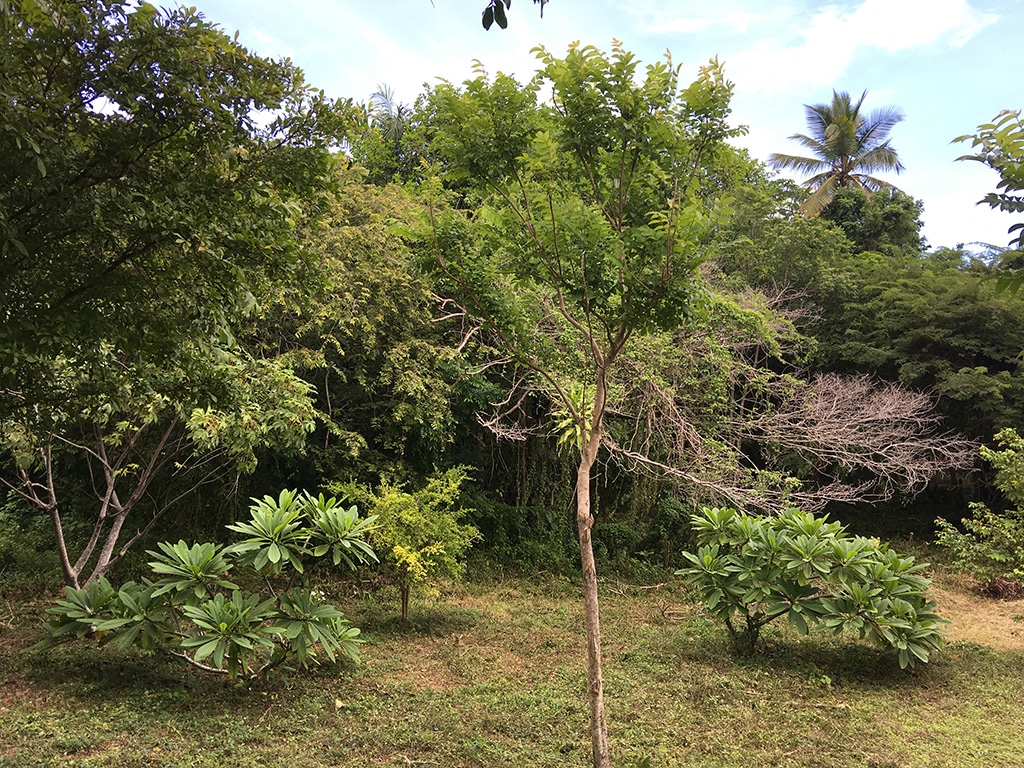
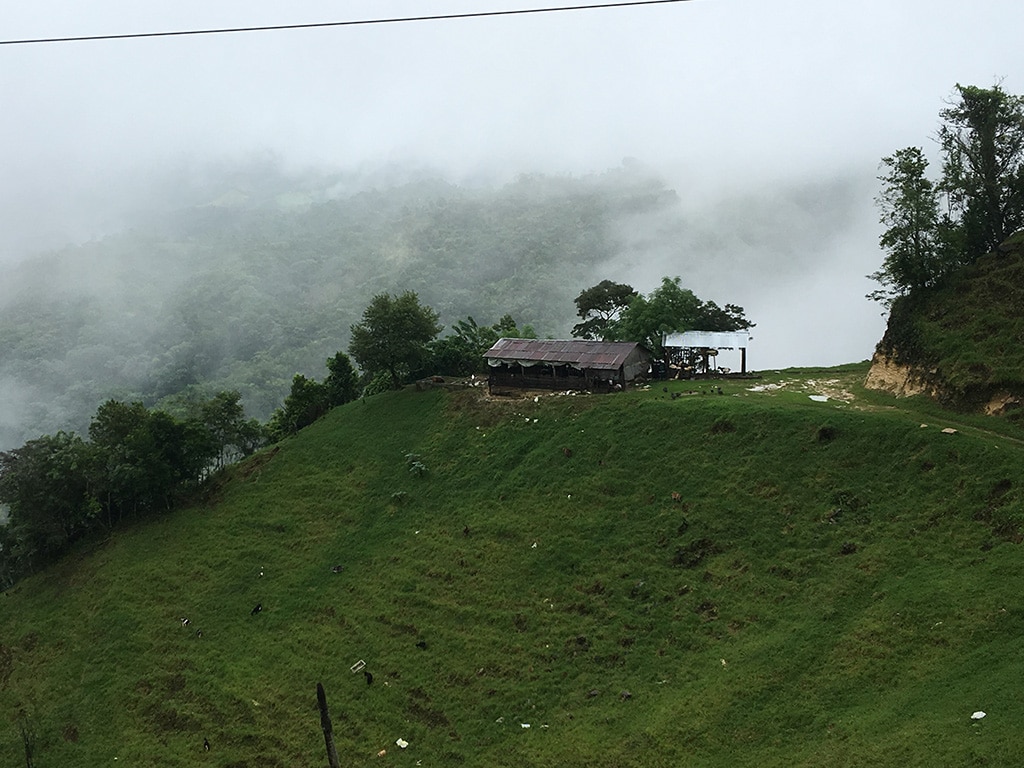
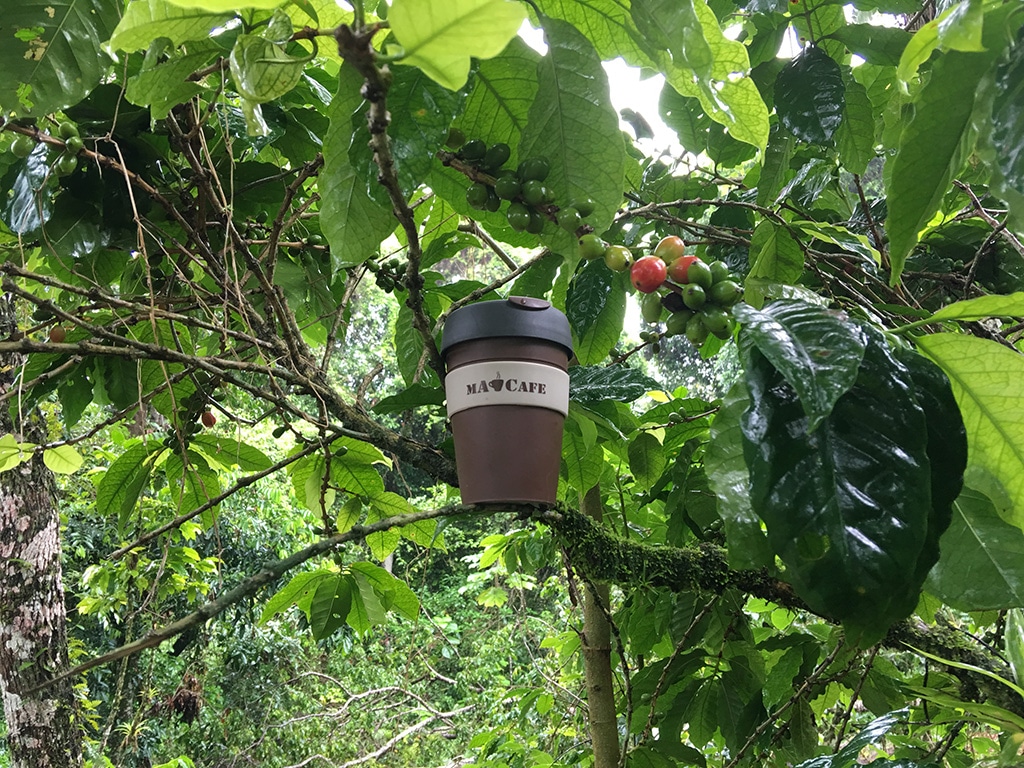
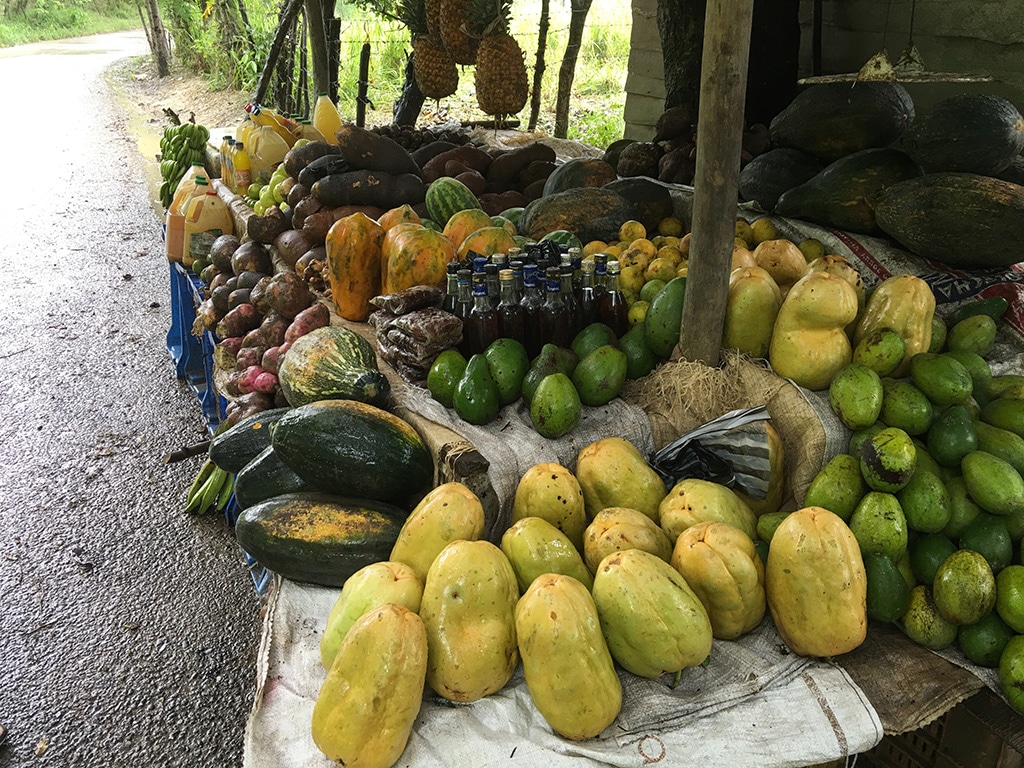

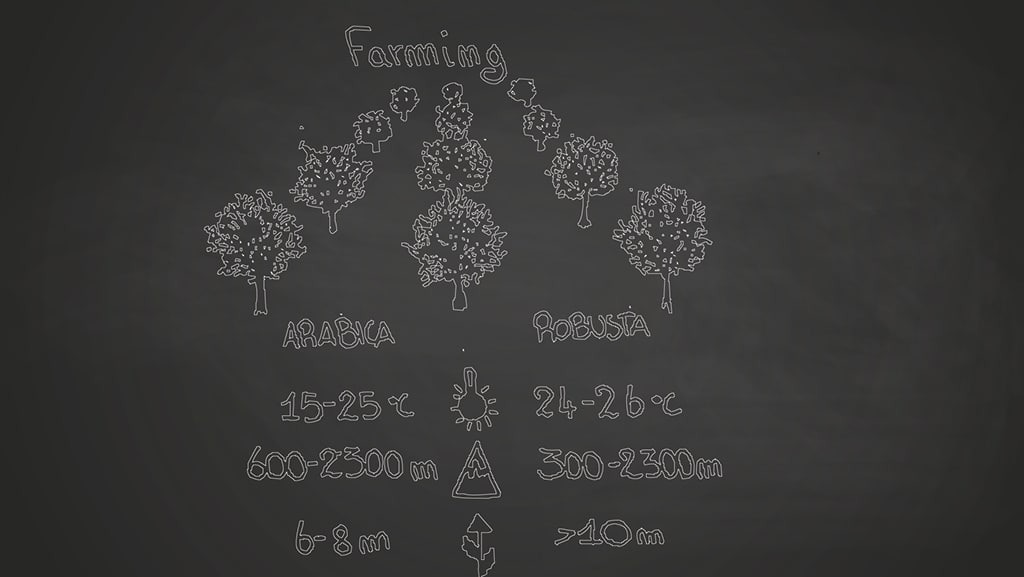
Comments
Hello Jolanda,
many thanks for your comment. As you may have been reading in my other articles I’m a great lover of travelling and always try to tie personal preferences and my profession together.
This way I did by visiting coffee farms in the Dominican Republik. I did not only visit them as tourist or as a businessmen with special interest, no I did visit them because I really wanted to dive deeper in the origin of coffee and the people behind the scenes.
I’m interested in the way how the farmes do their job, which obstacles they have to face and if they can gain their livehood from it.
This curiosity has a special reason: The so called fair trade coffee is really fair but not for the single farmer.
As you may know their existence is jeopardized by the change of climate, their income is decreasing and so on…to say it in short words: I don’t support the idea of fair trade coffee because it is not fair. You can read more about this in a couple of weeks in an other post here in my blog.
Therefore our coffee is not a “fair trade coffee”. This is a topic I thought about for a long time now because I always wanted to find a way to be fair against the farmers without risking my company’s existence. Believe me that’s not easy, the coffee business is tough.
I know that I cannot change the world on my own. I’m a normal guy, trading with coffee, espresso-machines and other, coffee related, equipment. Though I strongly believe that I can use my will, my conviction and last but not least my profession to realize small changes. I’m not a dreamer, I’m a businessman but I want to run my business in a fair manner. Due to my visits to the coffee farms and the far-reaching and intensive talks with the farmers, a new idea was born, maybe a solution others will be inspired by.
I cannot yet explain it in detail but the approach is very simple:
Just imagine you run your café, bistro, bar, or any other coffee-related entity and you want to be different from your competition. Your core product is coffee, you’ve got to purchase it somewhere, it’s the same, or nearly the same your competition buys also.
You could decide to go a step further and start to roast your own coffee (which is affordable and economical). You have to purchase the green beans, you have the choice among plenty of suppliers offering fair trade coffee, certified coffee… but wouldn’t it be the most valuable sensation if you could say it is coffee, harvested at a farm you are a shareholder from? You and your business immediately would be uniqe.
Additionally you could say that the farmers who work on your farm are well-paid, satisfied and are able to live a happy life – because it is the truth.
The farmers would gain approximately the double income because there are no middlemen and no stock-exchanges between you and your coffee, you could afford to pay a really fair price.
Furthermore the farmers could keep their traditional way of farming, which is pure “biologic” and in deep harmony with nature and the environment.
That is true win-win, for all participants: The farmers and their familis, you and you business and last but not least the consumer. I believe it could be the beginning of a change with massive, positive consquences.
Although this an early stage idea, I already have collected some people which are honestly interested in this project, or idea, and will join it. Everybody who is also interested in this project is invited to drop me a line: info@angelocarbone.eu
Dear Jolanda, I hope to have answered your questions.
I’m aware that it is a long answer but as you can see, for me it is a complex topic and a very important one.
Yours Angelo
Thanks ! And we are interested in your way of finding an honest solution in farming reachable for single farmers who want to produce a product in harmony with nature and a happy lifestyle. Please keep us informed,
Sunny greetings Olaf and Jolanda of Cafe Bunna Annecy
My approach is to face this challenge with my heart and business in mind. One may think this is contradictory, I think it isn’t. Without business in mind the project will fail with almost complete certainty. Furthermore, one target is to enable the coffee farmers to increase their income significantly and this only works with showing a profit. These things are business related.
The heart is important because you must be enthusiastic about this project and the possible results which shall arise from it. It won’t be an easy task and it will cost a lot of effort, nerves and frustrating moments. But with the heart in your mind you can face any challenge.
In my last posts I already described the farmers situation: They work hard, very often under bad circumstances. They’re mostly not able to earn their living. They are not able to send their kids to school, so the kids are forced to do the same job as their parents. These are facts I saw myself, so for me they are evident despite all the public sayings.
The reason for this? This is either complex and simple: Coffee is a raw material, traded worldwide on stock exchanges. Therefore you can compare it with a currency or money.
The demand is huge and still rising. Therefore the traditional coffee-trading companies grew big and are very well off. They can afford big stocks and are not so vulnerable against prices and they are the ones who offer the coffee, which means the have an eye on the price. Due to their “pole position” they are very mighty against the producer, which have to face problems like demand, harvest , climate and the fact that they must sell their products immediately, they don’t have the financial and warehouse capacities to store it.
This weird situation means that a farmer or even cooperations must sell their coffee for prices they normally could not do for. And fair trade coffee? You may know that I could write a book about this fairytale (looks like a words game?). It may had been a good and honourable idea but as long as the big players are part of this game, it will never be fair.
Additionally a lot of other parties are involved: Broker, speculators and shareholders (remember coffee is like a currency or money). This makes coffee expensive for the consumers and very low profitable for the producers. The money is earned in between.
Knowing the reason is like being the solution very near:
Sounds simple? But it isn’t at all.
I already found an appropriate destination on the Dominican Republic. The price for the plantation is fair. The infrastructure is available and there are enough farmers willed to cooperate.
The task now is to find shareholders. These shareholders must back this project, they must support it by being patience, they must see the challenge and the benefits for the farmers. Potential shareholders should not be keen on quick and dirty profit, if so this is wrong project to invest in.
The benefit it not only the farmers benefit, we will participate as well. The positive effect we will have is that we are enabled to offer our clients genuine “absolutely fair produced” coffee, we will be able to prove this and we will inspire our customers of this idea. As said in the beginning there must be business in mind to make it work. Moreover another benefit is to posses a more than nice pice of land and the ability to travel there as often as you like. To be honest, I would do this very often.
I’m absolutely convinced that we and the farmers will be profitable and successful.
And finally the thing with the heart, will it have it’s benefit too? Of course because the farmers will roughly earn the double as they do actually. That was not only nice, it was like a revolution, it was a sign that things are possible, whatever it is. It always needs people, willed to go a step further, not accepting that given things are the holy grail. Everyone knows that 99% of the world’s assets are owned by 1% of the population. I’m not willed to accept this but I’m willed to do something against this, accepting my capabilities. I believe a lot of people would like to change things too but they are very often feared or convenient, or both.
My next step is to find people joining the project as shareholders. I assume that I need about 5 more weeks to finish the written concept, which I would like to use as a brochure.
If you are interested in joining the project and/or have any valuable input, please don’t hesitate to contact me.
I’m looking forward staying in contact with you.
Yours Angelo